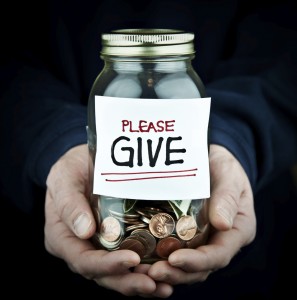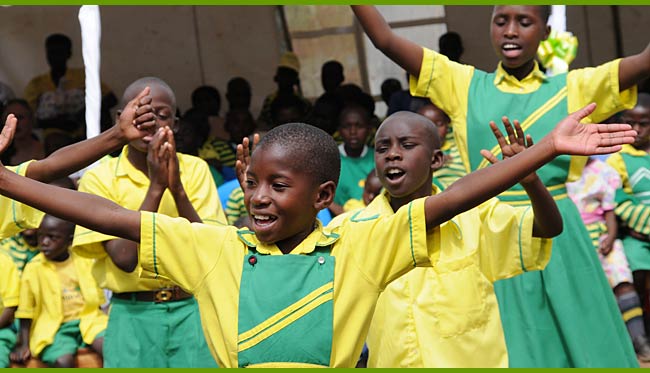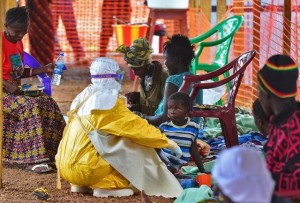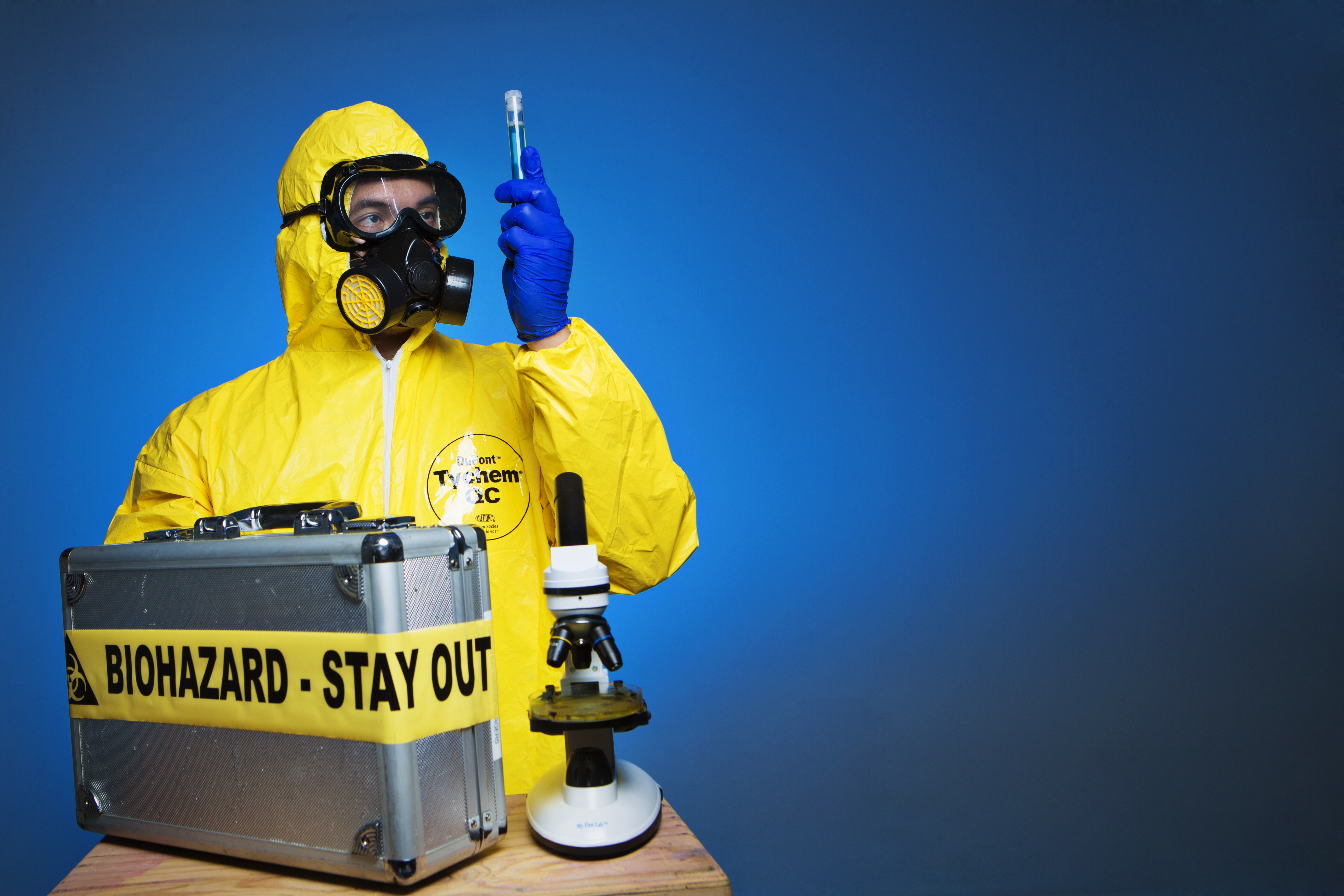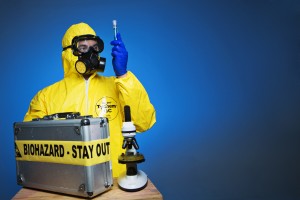At the end of the year many are struggling to give to charity to take advantage of charitable giving deduction to lower their tax burden. People still are concerned about the legitimacy of many hundreds of charitable organizations. How can you tell a charitable organization is legitimate?
- If your goal is to get a tax break, then you should be looking at a charity registered under the IRS requirements. There are many charitable organizations for educational, religious, charity, veteran organizations, government and other purposes that are credible and meet IRS strict guidelines.
- Many legitimate charitable organizations accept goods, money, stocks and other forms of donations. Your gifted time and effort has tax deductible value when it comes to donations.
- Be aware of limitations such as no more than 50 percent of your adjusted gross income for giving. When it comes to giving to veteran related charities, limit is 30 percent of your adjusted gross income. Farmers can deduct 100 percent of the value of land donated to a legitimate charity.
- Many tools to evaluate the legitimacy of a charity are available online. Using these tools you can find a charity that satisfies all your charitable giving goals.

